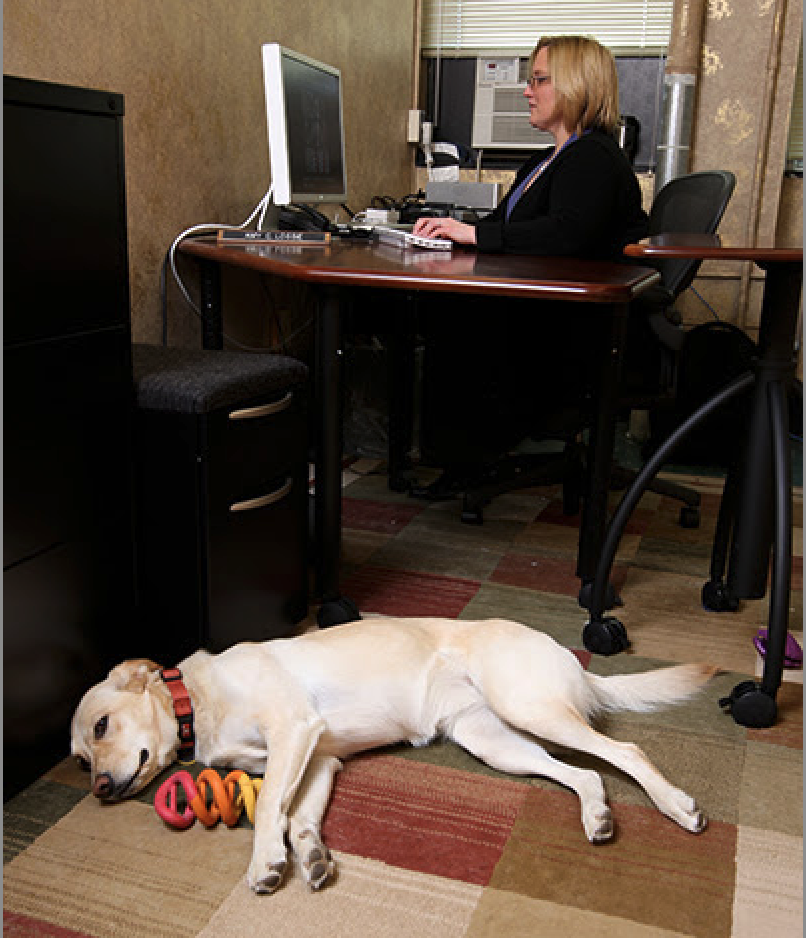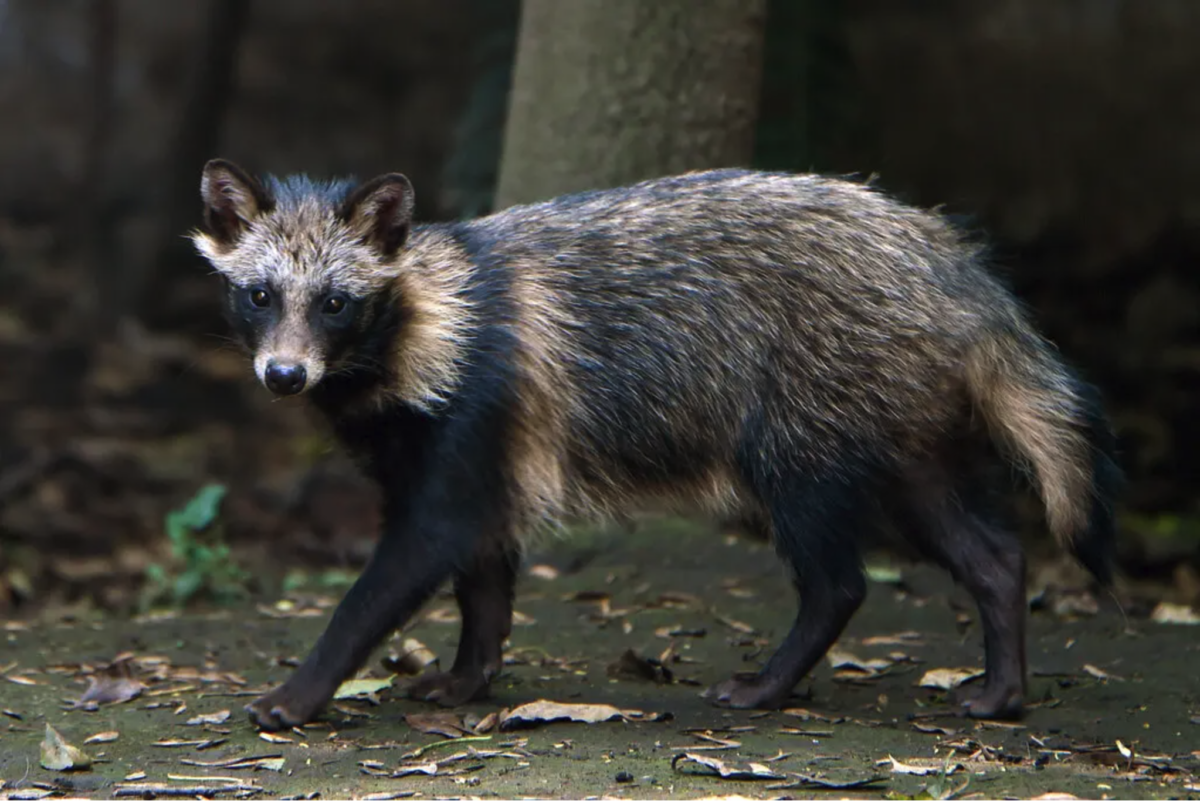Lack of canine COVID-19 data fuels persisting concerns over dog-human interactions –

A research literature review by Purdue University researchers published in the journal Animals highlights unanswered questions about the COVID-19 virus dynamics between dogs and humans: Purdue Agricultural Communications-Tom Campbell
By Glynn Wilson –
WASHINGTON, D.C. — The SARS-CoV-2 virus that originated in a wet meat market outhouse in Wuhan, China, in 2019 from the mixture of human and animal RNA had infected more than 600 million people globally with what came to be called Covid-19 and had claimed more than 6.8 million lives in three years as of March, 2023.
As of this writing, the total number of coronavirus cases reported world wide was 682,567,355, with 6,819,943 deaths, according to WorldOMeters.
“COVID-19 has become one of the most important economic, health and humanitarian problems of the 21st century,” the co-authors wrote in a research study in the journal Animals looking into “Interactions Between Humans and Dogs in the COVID-19 Pandemic” and “Susceptibility of Animals to SARS-CoV-2.”
Studies have documented the movement of the SARS-CoV-2 virus through various animal species, and about 75 percent of infectious diseases in humans originate in animals, according to an announcement from Purdue University.
“This spread raises concerns about the possibility of pet animals serving as reservoirs for the virus,” the co-authors wrote in the study.
More than two dozen animal species have been infected by SARS-CoV-2 virus, ranging from cats, dogs and rabbits to deer, cattle and gorillas, they report. More than 470 million dogs were kept as pets worldwide before the COVID-19 outbreak. Yet their susceptibility to the virus remains poorly understood because they are infrequently tested, said veterinarian Mohamed Kamel, a postdoctoral fellow at Purdue University, who is also a faculty member at Cairo University.
“Compared to cats or other animals, the susceptibility is less,” Kamel said. He cautioned, however, that the susceptibility of dogs to the new variants may have changed to a lesser or greater extent.
“There are a lot of variants. It’s not only one virus,” Kamel said. “The infections differ from the old variant to the new variant.”
Early COVID-19 pandemic suspicions about dogs’ resistance to the disease have given way to a long-haul clinical data gap as new variants of the virus have emerged.
“It is not confirmed that the virus can be transmitted from one dog to another dog or from dogs to humans,” Kamel said, even though it has recently been reported that some scientists suspect it originated from raccoon dogs, fluffy animals that are related to foxes and are known to be able to transmit other coronaviruses.

A young raccoon dog, fluffy animals related to foxes known to be able to transmit other coronaviruses: NAJ screen shot
During the pandemic’s early days, dogs seemed resistant to the coronavirus, showing little evidence of infection or transmission, according to Mohit Verma, assistant professor of agricultural and biological engineering and Purdue’s Weldon School of Biomedical Engineering.
“As the virus evolved, or maybe the surveillance technology advanced, there seem to be more instances of potentially asymptomatic dogs,” he said.
The apparent resistance of dogs to COVID-19 could result from their general low levels of the angiotensin converting enzyme (ACE2), target receptors in their lung cells and related mutations.
“ACE2 is the main part of the virus attachment found on the cells,” Kamel noted.
Currently available commercial at-home coronavirus tests for humans can also be used on dogs and cats. However, these tests may not be sensitive enough to detect the lower viral loads in animals.
“They’re not validated for animals, so we don’t know how well they would work. That’s the gap we’re hoping to bridge with the test that we are developing – better tools of surveillance,” Verma said.
The U.S. Department of Agriculture’s Animal and Plant Health Inspection Service announced in June 2022 that it was committing up to $24 million for research related to SARS-CoV-2. With funding provided by the American Rescue Plan Act, the research was to focus on the One Health concept, which recognizes the link between the health of people, animals and the environment.
Tracking the Pandemic
The Animals journal article also discusses how the spread of an epidemic can be tracked, predicted and contained through a combination of geographic information systems, molecular biology and even detection dogs. Because of their heightened sense of smell, dogs can be trained to detect a wide range of human diseases, Kamel said. Using dogs to detect COVID-19 could be fast and less expensive compared to other methods where screening large crowds may be needed.
Verma’s startup, Krishi Inc., is already developing innovative paper-based, rapid-result tests for bovine respiratory disease, antimicrobial resistance and COVID-19. The testing system uses a method called loop-mediated isothermal amplification (LAMP) and is under development in Verma’s lab for produce safety applications. Adapting LAMP for animal testing of SARS-CoV-2 may come next.
Krishi Inc. received an initial investment from Ag-Celerator. Created in 2015, Ag-Celerator is a $2 million innovation fund designed to provide critical startup support for Purdue innovators who bring Purdue’s patented intellectual property or “know-how” technologies to market. The fund is operated by Purdue Ventures with assistance from the Purdue University College of Agriculture, the Purdue Research Foundation Office of Technology Commercialization and the agriculture industry.
The Animals journal article cites multiple studies from Purdue and elsewhere validating the usefulness of LAMP testing. Krishi’s focus thus far has been developing a test for antimicrobial resistance in animals, but the LAMP assay has broader potential, Verma said.
“If we want to do widespread surveillance, can we make our test versatile for any species? LAMP is portable,” Verma said. “Because it can be done in a simple manner and provide results without a lab setup, we can potentially do this on a wider scale and make it cost-effective.”
Additional co-authors were Rachel Munds, a research scientist at Krishi Inc. and a Purdue visiting scholar in the Department of Agricultural and Biological Engineering, and Amr El-Sayed of Egypt’s Cairo University.
___
If you support truth in reporting with no paywall, and fearless writing with no popup ads or sponsored content, consider making a contribution today with GoFundMe or Patreon or PayPal.













